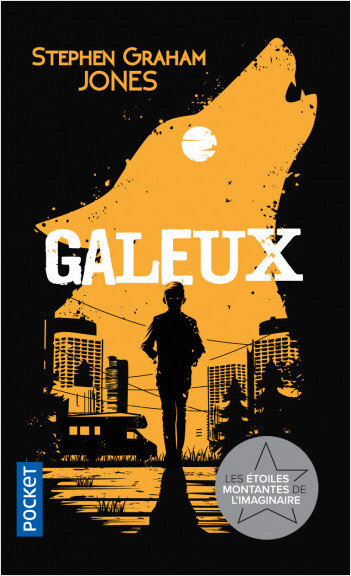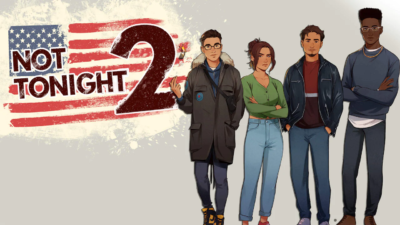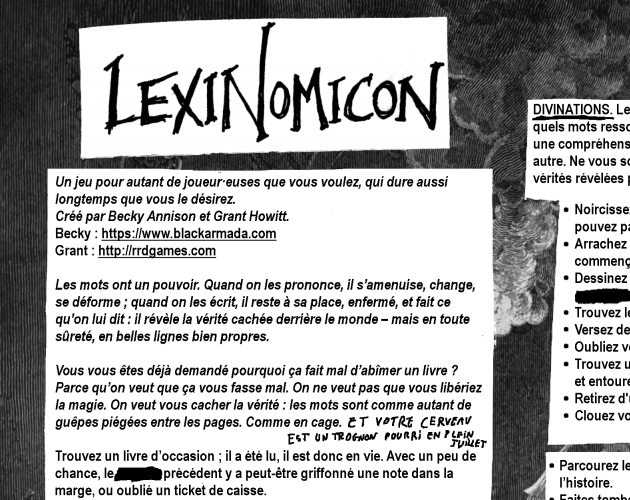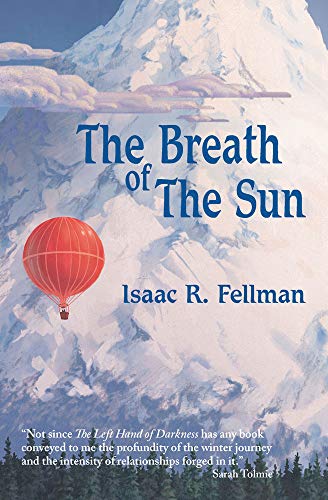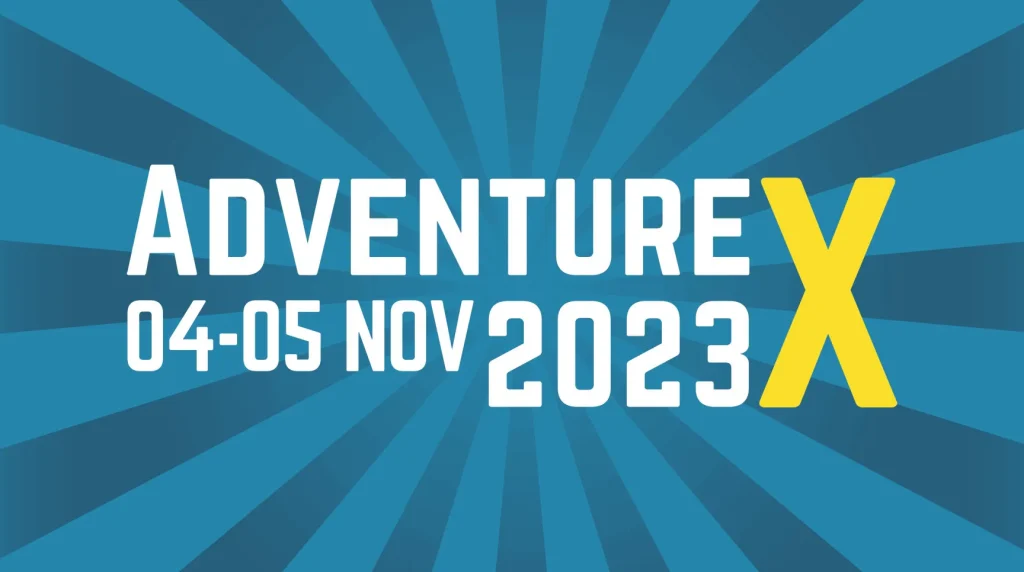
Prospection isn’t always the most gratifying part of my job as an independent translator. But sometimes, it can be incredibly exciting. It was the case when I visited a narrative game conference which took place in London on November 4-5: AdventureX.
AdventureX is an event organized by passionate people, for passionate people. Since 2011, they have gathered each year the big names in game narrative, for talks on a variety of topics. For instance, those I attended this year were about, amongst other things, the use of history as a source of inspiration (Sagar Beroshi), the representation of medical conditions in video games (Marina Sciberras), or “making games for real”, that is how to infuse games with reality without doing so artificially (Chella Ramanan). I went out of every talk with way too many notes, and a new perspective on things.



